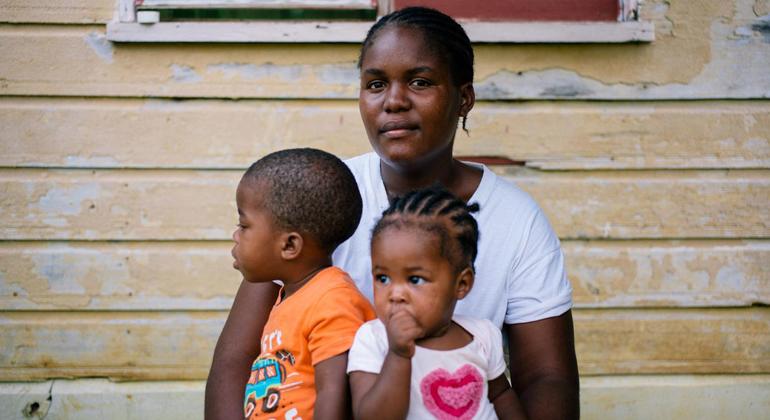Philémon Yang, the speaker at a high-level meeting at UN Headquarters, addressed the closure of the International Decade for People of African Descent. This global initiative was designed to honor the often-overlooked contributions of the African diaspora to human civilization and shed light on the racial injustices they have endured over centuries.
The General Assembly proclaimed the International Decade, adopting a program of activities and proposing concrete measures aimed at promoting greater inclusion and combating racism, racial discrimination, xenophobia, and related intolerance. Progress has been made through the establishment of the Permanent Forum on People of African Descent, which reports to the UN Human Rights Council, and the declaration of 25 July as the International Day of Women and Girls of African Descent. Several countries have also taken legislative and policy actions to address issues faced by the diaspora for the first time.
Despite these advancements, Mr. Yang cautioned against complacency, emphasizing that there is still much work to be done. He highlighted the systemic racism and discrimination that people of African descent continue to face, rooted in the enduring legacies of enslavement and colonialism. He stressed the need to confront and dismantle these legacies to ensure that people of African descent can fully enjoy their civil, political, economic, social, and cultural rights. Mr. Yang called for continued efforts towards recognition, justice, and development, expressing strong support for the consideration of a Second International Decade to sustain these goals.
Ilze Brands Kehris, a top UN human rights official, echoed Mr. Yang’s sentiments, describing the meeting as a call to action towards a world free from racism. She emphasized the importance of learning from the successes and building on the momentum gained over the past decade. Ms. Kehris stressed the need for a Second International Decade that is inclusive, focused, and supported by strong leadership and political will to achieve the goal of a racism-free world.
The concept of intersectionality and anti-Blackness was also discussed at the meeting. American civil rights activist and law professor Kimberlé Crenshaw coined the term “intersectionality” over 30 years ago to describe how various forms of inequality, such as those related to race, gender, ethnicity, and class, intersect and compound each other. This intersectional approach is crucial in understanding the unique challenges faced by people of African descent and addressing the complex interplay of discrimination they experience.
In addition to recognizing the cultural contributions of the African diaspora, the meeting also celebrated the World Day for African and Afrodescendant Culture on 24 January. This day is dedicated to honoring the diverse cultures of the African continent and its diasporas, highlighting their rich history and heritage.
Overall, the high-level meeting at UN Headquarters marked an important milestone in the journey towards achieving equality and combating racism for people of African descent. It underscored the need for continued efforts, collaboration, and determination to address systemic discrimination and promote inclusion on a global scale. As the International Decade comes to a close, the call for a Second International Decade signals a commitment to sustaining progress and working towards a future where all individuals, regardless of race or ethnicity, can thrive and live free from discrimination.









